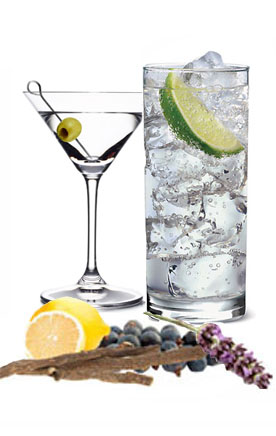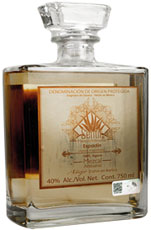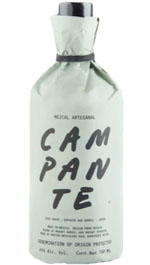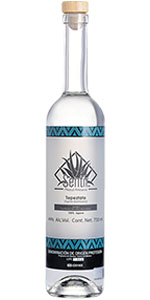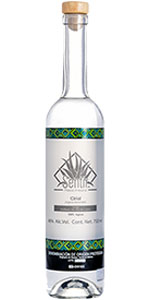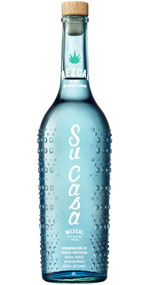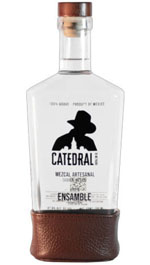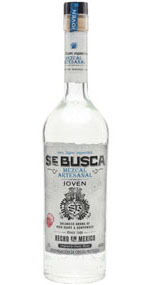Best Mezcal

The Tasting:
The Fifty Best held a “blind” tasting of fifteen mezcals with fourteen members of our spirits judging panel. The order of service was established beforehand by lottery. Strict tasting rules were applied. Each of the mezcals were poured into fresh glasses from new sealed bottles and served at room temperature. Only ice water, neutral unflavored crackers and chips were available to cleanse the palate.
The judges wrote down their impressions on score sheets. The scoring was done on a 5-point system, with 5 as the highest. Double Gold, Gold and Silver medals are awarded according to a set range of final point scores received from the judges. There were no Bronze medals awarded for this tasting. Medals are provided based entirely on merit and only to products judged worthy of such award.
The tasting notes that follow are summaries of the judges’ opinions, with all replicated commentary eliminated. The agave species and municipalities of origin are identified for each mezcal. Clicking on the brands' names will link to their websites.
|
|
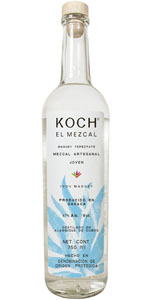 |
|
|
|
|
|
|
|
|
|
|
|
|
|
|
|
|
|
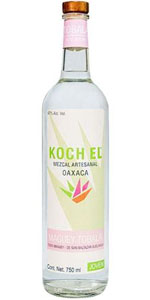 |
|
|
|
|
|
|
|
|
|
|
|
|
|
|
|
|
|
|
|
|
|
|
|
|
Mezcal had mystical origins when the Aztecs produced the beverage in Mexico centuries ago. The Zapotec Indians were the first civilization to process agaves for clothes, food and drink – the oldest recorded site of this is El Palmillo in Santiago Matatlan, Oaxaca. The agaves were domesticated and harvested for food and fiber, and eventually pulque (a milky, slightly foamy, viscous beverage made by fermenting and not distilling the sap of certain types of agave).
In the 1500s, the Spanish taught the Zapotecs to use clay pot stills and carrizo (Oaxacan bamboo) cooling tubes to distill fermented agave juice into Mezcal. Later, the Spanish put to use their alambique (which is a Spanish derivation of an Arab word for a distillation technique that was brought to Spain during the Moorish invasion). It is still debated whether the Spaniards brought the distillation process to Mexico or if the indigenous tribes had the knowledge before the conquistadors got there.
The distilled spirit allowed to be called "tequila" is produced solely from the Blue Weber agave and grown only in the designated areas of Jalisco or one of four neighboring states. But there are many other types of agaves in Mexico, such as Espadín, Manso, Cenizo, Arroqueño, the rare wild Tobalá, Madrecuixe, and more than 50 other subspecies. Several of these agaves are the principal ingredients in mezcal. Nine designated areas in Mexico are formally recognized to produce mezcals, including Oaxaca and Guerrero in the south all the way central north to Zacatecas and Durango.
After 8 years of growth, the mature agaves are harvested and the leaves are cut off with a machete. The heart of the agave plant, or piñas, are halved and quartered, then slow-roasted in conical pits ("palenques") dug in the ground and lined with red-hot rocks with the top covered over by moist fibres, or in brick ovens. After cooking for a few days, the now caramelized piñas are crushed with a large stone wheel pulled by a horse or donkey, or pounded by hand with a mallet. The pulverized juice is transferred to wooden or cement vats for fermentation for about two weeks; then placed in rustic fire-burning clay or copper pot stills, and distilled twice or three times to bottling proof or close to it. The resulting spirit is distinctively very smoky, briny, deep and intense– similar to Islay single-malt scotch whiskey.
Mezcal bottled directly from the still is called blanco, plata ("silver") or joven ("young"). Reposado is aged in casks for two months up to one year, añejo if aged more than a year. Approximately seven tons of raw piña yields 265 gallons (1,000 liters) or 111 cases of mezcal. Most mezcaleros are single village small-craft artisanal producers, producing very limited quanties. Because of the difficult cultivation of the agaves and limited production, a good mezcal is typically priced above $50.
The gusano, or "worm" is actually a larva that infests the roots of the agave plant. Originally used as an appellation control element, the worm does not serve any function other than as a marketing gimmick. However, some experts claim that the worm definitely adds flavor to the mezcal. Despite popular belief, consuming the worm is non-hallucinogenic. Nowadays, aficionados consider a mezcal with a worm to be inferior in quality.
Slowly gaining on the heels of its cousin tequila, mezcals have earned allegiances by serious connoisseurs, hipsters and mixologists. It is said that “Mezcal is Mexico in a bottle”.
Disclaimer: This section of the website is intended for visitors 21 years of age and older.
If you are not of legal drinking age, please exit by clicking here.
Please drink responsibly!





